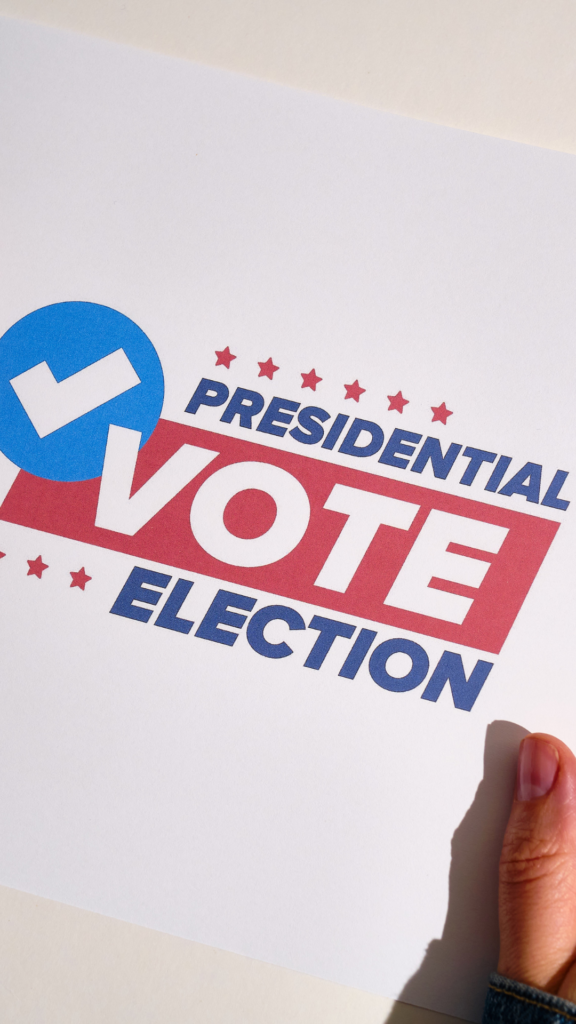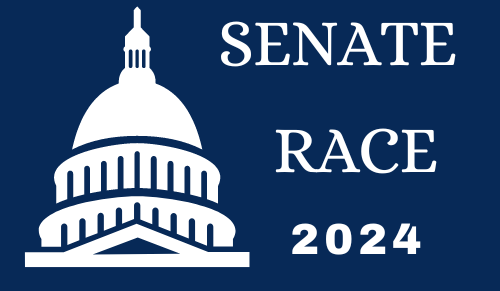

What are the key dates ?
In the 2024 election, former President Donald Trump is the front-runner to be the Republican nominee, and Vice President Joe Biden has little opposition from within the Democratic Party in his bid for a second term.
Between now, on November 5, 2024, and Inauguration Day, in January 2025, a timeline of election-related events can be found here.
2024
Jan – 31 : End-of-year filing deadline for candidates to declare the money they’ve raised and spent by the Federal Election Commission in 2023.
Feb 3: Democratic Presidential Primary in South Carolina.
Feb 6: Democratic primary in Nevada.
Feb 6: Nikki Haley has recorded to partake in the Nevada State-run Essential, multi day in front of the conservative alliance’s councils in the state.
Feb 8: Nevada caucuses for Republicans.
Feb 24: South Carolina Republican Primary.
Feb 27: Republicans opposed to the move, Democrats and Republicans vote in the state-run primary in Michigan, which was moved forward by the Democratic-controlled state. Instead, Republicans will select the majority of their delegates during the March caucuses.
March 2: Republicans in Michigan pick most of their delegates during party-run caucuses.
March 5: Known as Super Tuesday, this is the greatest single day of primaries and frequently helps trim down the field of applicants.
Alabama, Arkansas, California, Colorado, Maine, Massachusetts, Minnesota, North Carolina, Oklahoma, Tennessee, Texas, Vermont, and Virginia are among the states where both parties hold them.
Leftists in Utah will likewise cast a ballot in their essential while conservatives hold their gatherings in the state. Conservatives in Gold country vote in their essential.
Iowa Democrats hold the final day of their mail-in caucuses and U.S. territory American Samoa has its caucuses on this date too.
March 12: Primaries held in the states of Georgia, Mississippi and Washington. Republicans in Hawaii hold caucuses.
March 19: Primaries held in Arizona, Florida, Illinois, Kansas and Ohio.
June 4: The Final State primaries are scheduled for this date.
July 15-18: Republican national convention in Milwaukee, Wisconsin, where the party formally chooses its candidate.
Aug. 19-22: Democratic National Convention in Chicago, where the party formally chooses its candidate.
Sept.16: Commission set the date for the first presidential debate to take place. It will be held at Texas State University in San Marcos, Texas.
Sept.25: The date set for the vice presidential debate, to be held at Lafayette college in Easton, Pennsylvania.
Oct.1: The data set for the second presidential debate, to be held at Virginia State University in Petersburg, Virginia.
Oct 9: Set for the final Presidential debate, to be held at the University of Utah in Sald Lake City, Utah.
Nov.5: Election Day
In November it could take days for the election result to be known, especially if it is close and mail in ballots are a factor.
2025
Jan.6: The Vice president presides over the Electoral College vote count at a joint session of Congress, announces the results and declares who has been elected.
Before the count on January 6, 2021, then-President Trump slammed Mike Pence, his vice president, for refusing to try to stop Congress from certifying Biden’s victory. On that day, the U.S. Legislative hall was gone after by agitators and certain individuals recited, “hang Mike Pence” as they attempted to stop the count. The two offices of Congress later continued their work and guaranteed Biden’s success.
Since then, the Electoral Count Reform Act of 2022 has been passed by Congress. It now requires approval from one-fifth of the House and Senate before a challenge to a state’s results can be considered. This is a much higher requirement than it was before, when a challenge could be initiated by any one lawmaker from either chamber.
Jan. 20: The inauguration of the election winner and their vice president takes place. At this ceremony, the victor if officially sworn in and takes office.
